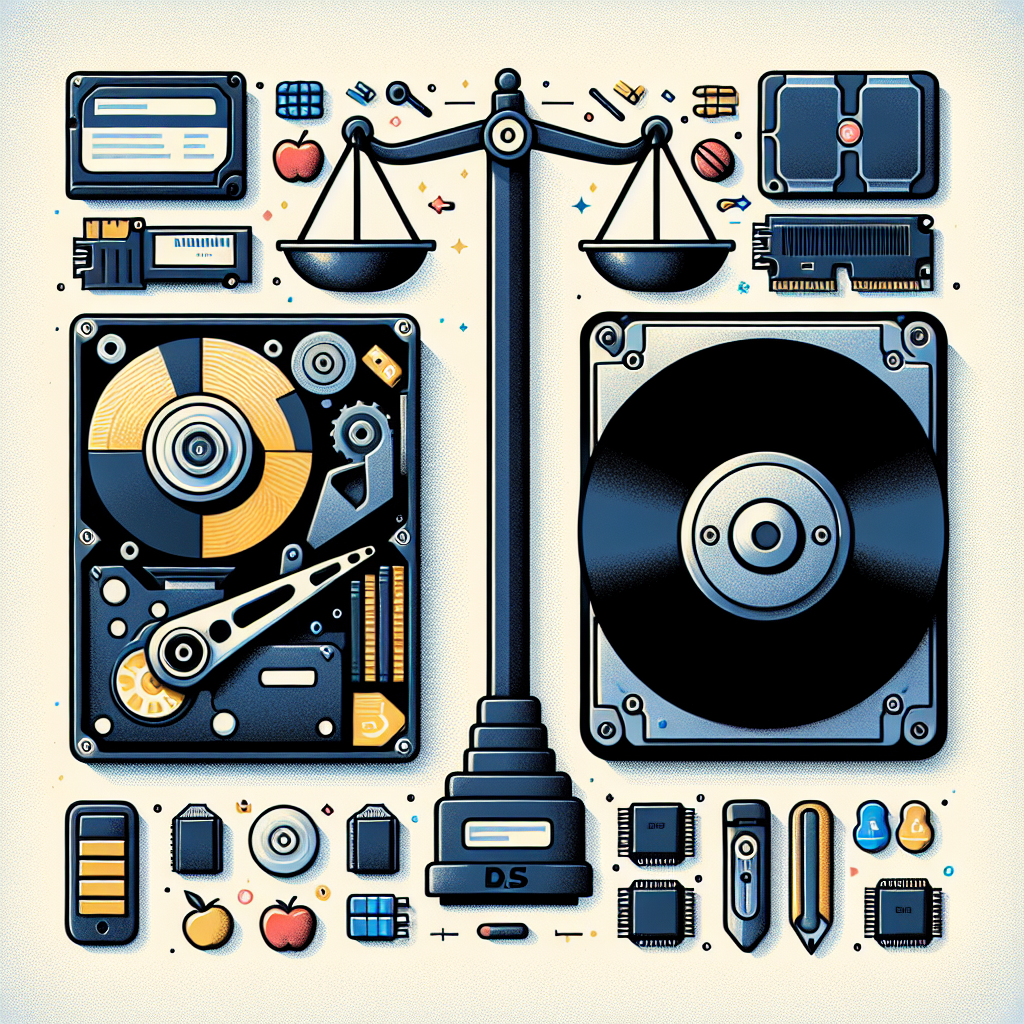The Pros and Cons of Traditional Hard Disk Drives vs. Solid State Drives
When it comes to choosing a storage solution for your computer, you are often faced with the decision between traditional hard disk drives (HDDs) and solid state drives (SSDs). Each type of drive has its own set of advantages and disadvantages, so it’s important to weigh the pros and cons before making a decision.
Let’s start with the pros of traditional HDDs. One of the biggest advantages of HDDs is their cost-effectiveness. HDDs are generally cheaper than SSDs, making them a more budget-friendly option for those on a tight budget. Additionally, HDDs offer larger storage capacities than SSDs, making them ideal for storing large files such as videos, photos, and games.
Another advantage of HDDs is their durability. HDDs are less susceptible to physical damage, such as drops or bumps, compared to SSDs. This makes them a more reliable option for those who frequently travel with their devices or have a tendency to be a bit rough with their equipment.
On the other hand, SSDs have their own set of advantages. One of the biggest pros of SSDs is their speed. SSDs are significantly faster than HDDs, offering quicker boot times, faster file transfers, and improved overall performance. This can make a big difference for those who use their computers for tasks that require high-speed data access, such as gaming or video editing.
Additionally, SSDs are more energy efficient than HDDs. Because SSDs have no moving parts, they consume less power and generate less heat, leading to longer battery life for laptops and lower energy costs for desktop computers.
However, SSDs do have some downsides as well. One of the biggest cons of SSDs is their higher cost per gigabyte compared to HDDs. This can be a major deterrent for those on a tight budget or those who need a large amount of storage space.
Another downside of SSDs is their limited lifespan. SSDs have a limited number of read/write cycles before they start to degrade, which can lead to data loss over time. While this isn’t a major concern for most users, it is something to keep in mind when considering an SSD.
In conclusion, both traditional HDDs and SSDs have their own set of pros and cons. When choosing between the two, it ultimately comes down to your specific needs and budget. If you are looking for a cost-effective option with large storage capacities, an HDD may be the best choice for you. However, if speed and energy efficiency are your top priorities, an SSD may be the better option. Ultimately, it’s important to weigh the pros and cons of each type of drive before making a decision.


